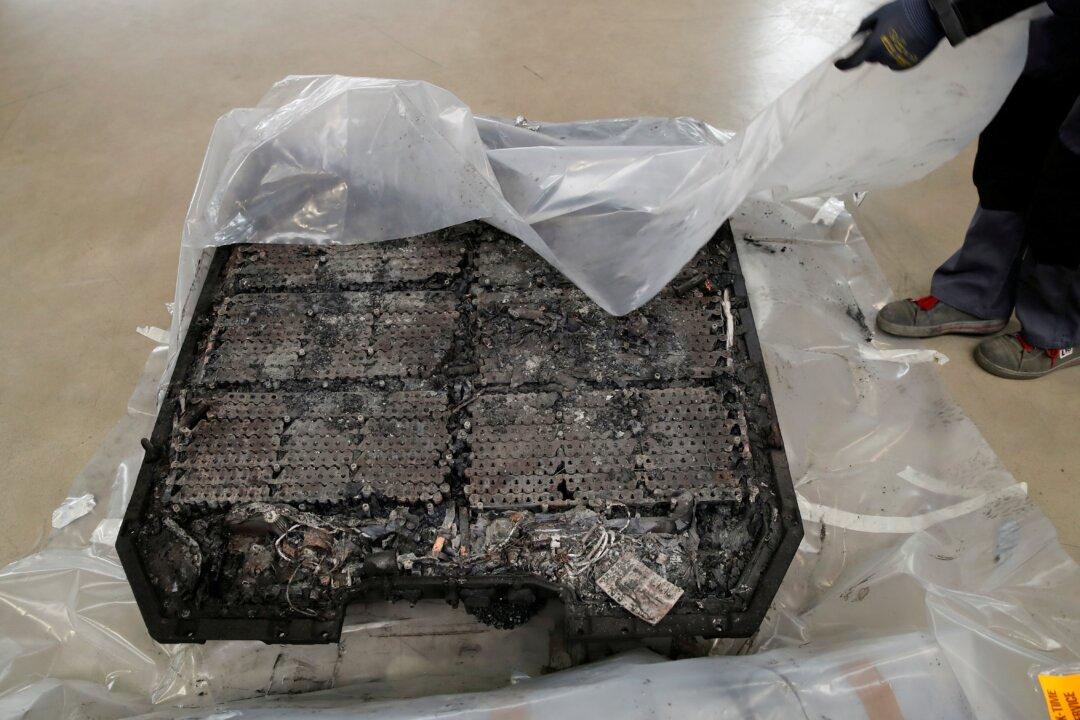Two people have died in a home in Newcastle from an exploding lithium-ion battery, marking what firefighters fear are the first deaths linked to a battery fire in New South Wales (NSW).
A damaged battery entered “thermal runaway,” heating up, releasing toxic gases, and exploding into flames in a townhouse in Teralba, Newcastle, around 4:10 a.m. on Feb. 29, according to Fire and Rescue NSW (FRNSW).





